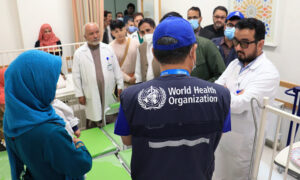Health
WHO: Nearly 400 people died last month due to acute respiratory disease in Afghanistan
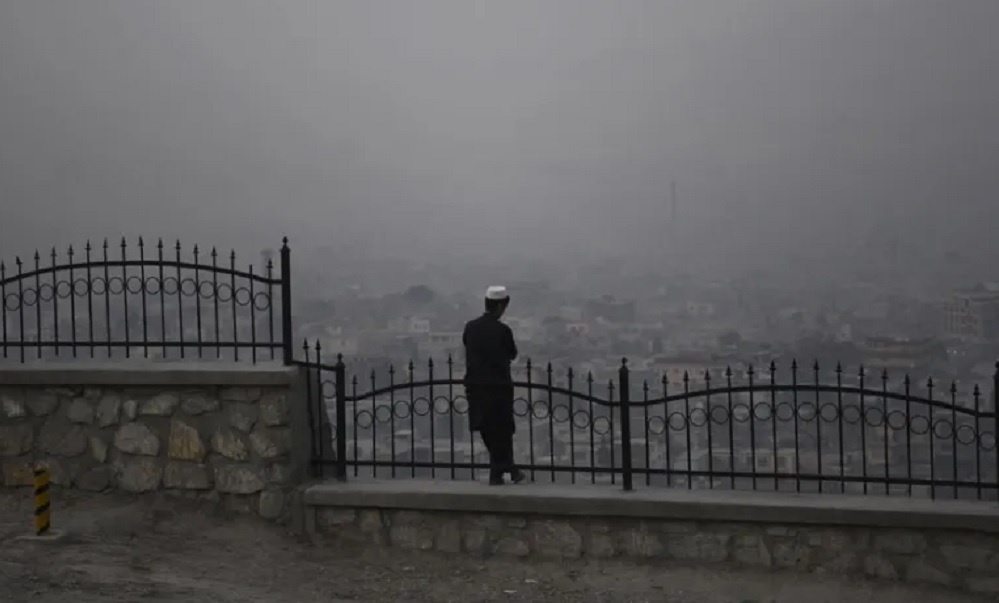
The World Health Organization (WHO) says that in the last two weeks, 84,000 cases of acute respiratory diseases have been registered in Afghanistan.
Between January 1 to 27, 160,756 cases of acute respiratory infection were registered in Afghanistan, of which 383 people died due to the disease across 34 provinces.
The World Health Organization published a report saying that acute respiratory infections have increased in Afghanistan in the last two weeks, and this is a worrying issue.
“From January 1st to the 27th of this month, 160,756 cases of acute respiratory infection were registered in Afghanistan, of which 383 people died due to this disease in 34 provinces of Afghanistan.
“Also, 62.9 percent of these patients are children under the age of five, and a total of 49.3 percent of patients are women and girls,” WHO said.
The Ministry of Public Health also says the rate of respiratory diseases is increasing, and in the first month of the year, 1.88 million people visited government health centers due to respiratory problems, most of which were children under five.
Sharafat Zaman, the spokesperson of the Ministry of Public Health, adds that eight million people have suffered from respiratory diseases this solar year.
However, some people suffering from respiratory diseases say that the cold coupled with air pollution resulted in them falling ill.
At the same time, the Political Deputy of the Ministry of Foreign Affairs, in a meeting with the General Director of Doctors Without Borders (MSF), requested the continuation of aid from this organization for Afghanistan.
In this meeting, Philip Ribeiro, the head of Doctors Without Borders (MSF), said this organization provided health services to about 700,000 people in Afghanistan in 1402 solar year.
Health
Health partners provide services 589,205 people in Afghanistan in last month
Based on this report, 37,342 women; 20,752 men; 22,726 girls and 15,171 boys received health services in Baghlan province.
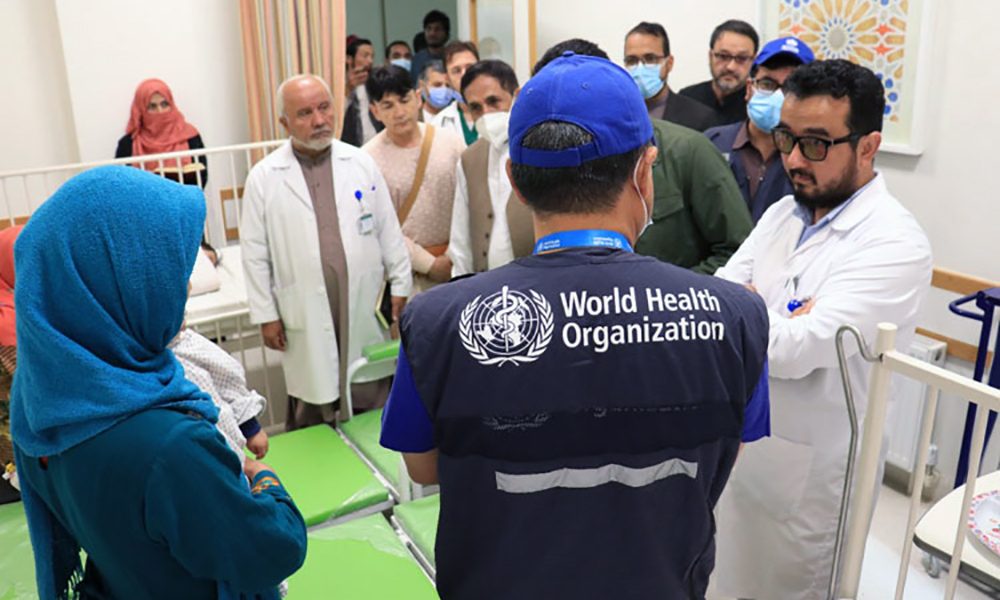
In its June report, the World Health Organization (WHO) said that from May 10 to June 30 of this year, health cluster partners provided services to 589,205 people, including those affected by floods and other natural disasters in Afghanistan.
This organization said that in Baghlan province 95,991 people received health care services; as did 31,071 in Badakhshan; 22,448 in Ghor; 26,876 in Takhar and 9,447 in Faryab.
WHO stated these services were provided through 763 health centers in 287 districts of the country.
Based on this report, 37,342 women; 20,752 men; 22,726 girls and 15,171 boys received health services in Baghlan province.
The organization also stated that from November 1, 2023 to June 30, 2024, it provided health services to 549,154 Afghan refugees returning from neighboring countries.
In addition, WHO reported 239,009 cases of COVID since February 2020, of which 8,010 people died across Afghanistan.
The organization stated that in June this year, a total of 6,390 cases of measles were diagnosed, resulting in the death of 21 people.
It is stated in this report that “this shows a 5.9 percent decrease in the number of measles cases compared to the previous month.”
So far this year, a total of 35,210 people have been infected with measles, of which 147 people have died.
Related Stories:
Afghanistan’s health minister meets WHO chief during Switzerland visit
Health
Afghanistan’s health minister meets WHO chief during Switzerland visit
The officials from international organizations reiterated their commitment to sustained collaboration in the health sector and pledged additional support, the statement said.
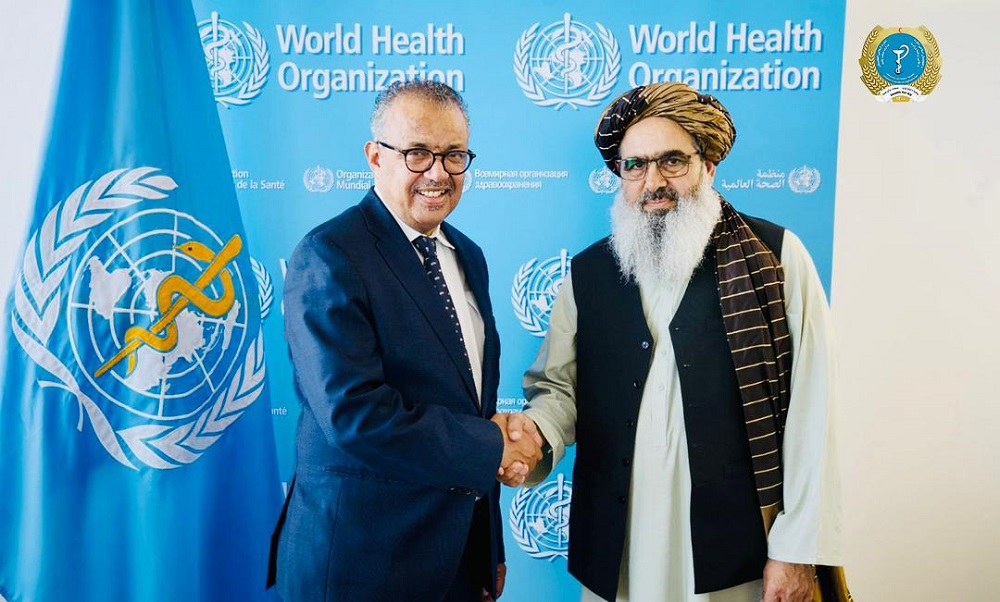
Acting Health Minister Noor Jalal Jalali met with the Director-General of the World Health Organization (WHO) Tedros Adhanom Ghebreyesus during his visit to Switzerland.
The Ministry of Public Health in a statement on Saturday said that Jalali embarked on the visit to engage in high-level discussions concerning advancement and reforms in the health sector, as well as to enhance coordination with international organizations.
In addition to holding talks with the WHO chief, Jalali also participated in various international forums and engaged in deliberations with the heads of cooperating organizations on critical issues, including the control of infectious diseases in Afghanistan, the eradication of polio, and the enhancement, transparency, and standardization of health services, according to the statement.
The officials from international organizations reiterated their commitment to sustained collaboration in the health sector and pledged additional support, the statement said.
Health
A third of women in Afghanistan give birth outside a health facility: UNICEF
Just over 67 percent of births are attended by a skilled health professional, UNICEF said.
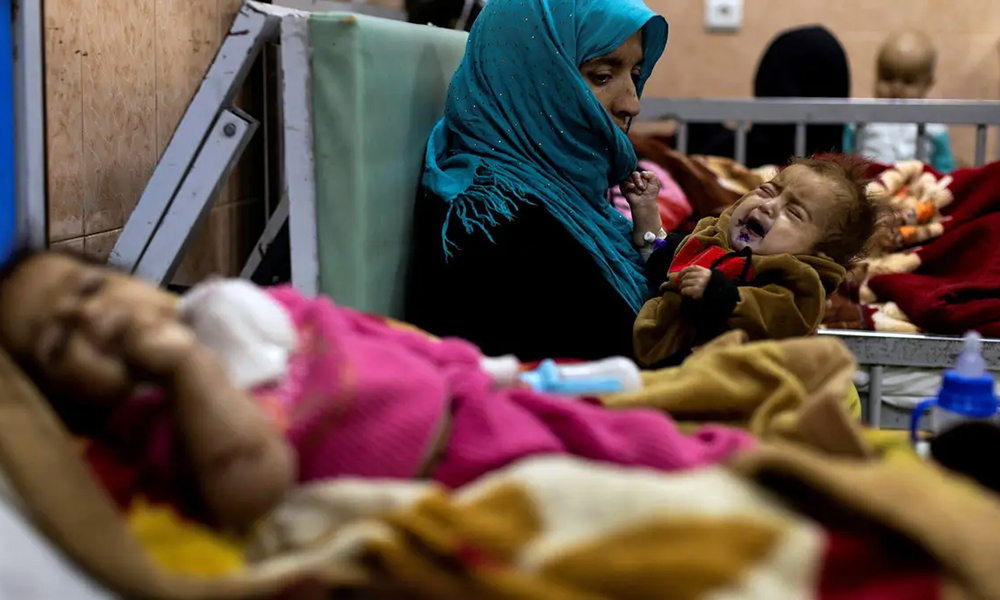
One-third of pregnant women in Afghanistan give birth outside of a health facility, the United Nations’ children agency said on Monday.
Just over 67 percent of births are attended by a skilled health professional, UNICEF said.
Although expectant mothers should have at least four antenatal visits with a skilled provider before giving birth, only one-third of women in Afghanistan do, the agency said.
“When mothers give birth outside a health facility, or without a healthcare professional to assist them, the mother’s life is at serious risk,” UNICEF said.
“If she has a birth complication, such as haemorrhage or fetal distress, there is little chance for a medical professional to intervene.”
Last month, the World Health Organization reported that Afghanistan faces a staggering daily toll of 24 maternal deaths and 167 infant deaths due to preventable causes.
Related stories:
24 mothers, 167 infants die in Afghanistan each day, WHO reports
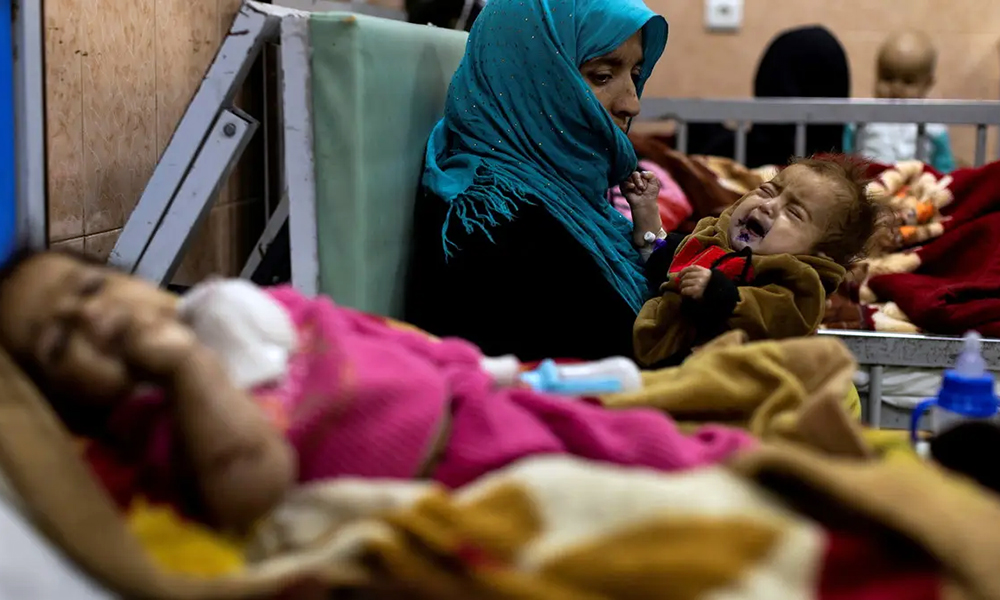
Hundreds of women died in childbirth in past year: health ministry
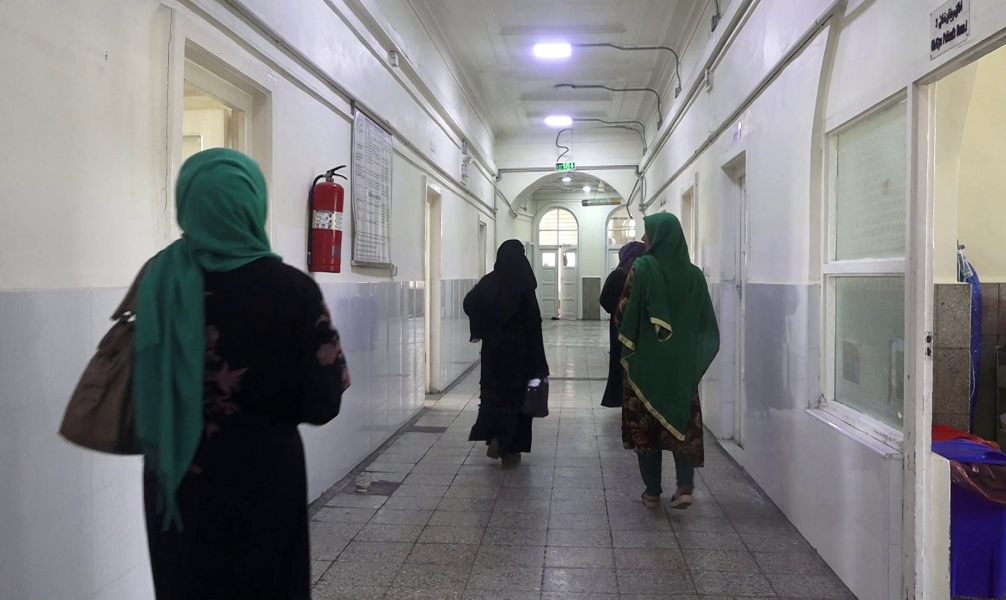
-

 Sport4 days ago
Sport4 days agoOlympics finally here; What you need to know
-

 Latest News5 days ago
Latest News5 days agoOCHA reports 110 die in landmine explosions in Afghanistan every month
-

 Regional5 days ago
Regional5 days agoChina braces for twin tropical cyclones after deadly flash floods
-

 Health4 days ago
Health4 days agoHealth partners provide services 589,205 people in Afghanistan in last month
-

 Latest News4 days ago
Latest News4 days agoAfghanistan’s Hajj ministry confirms death of 27 pilgrims in Mecca and Medina
-

 Business5 days ago
Business5 days agoConference on Islamic microfinance kicks off in Kabul
-

 Sport4 days ago
Sport4 days agoACB proposes ODI fixtures against top-tiered teams
-
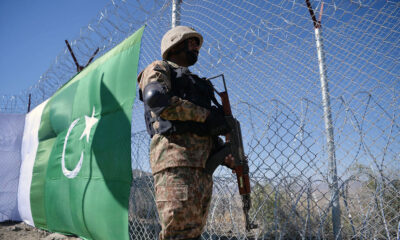
 Latest News4 days ago
Latest News4 days agoIslamabad claims three terrorists killed at Pakistan-Afghanistan border















